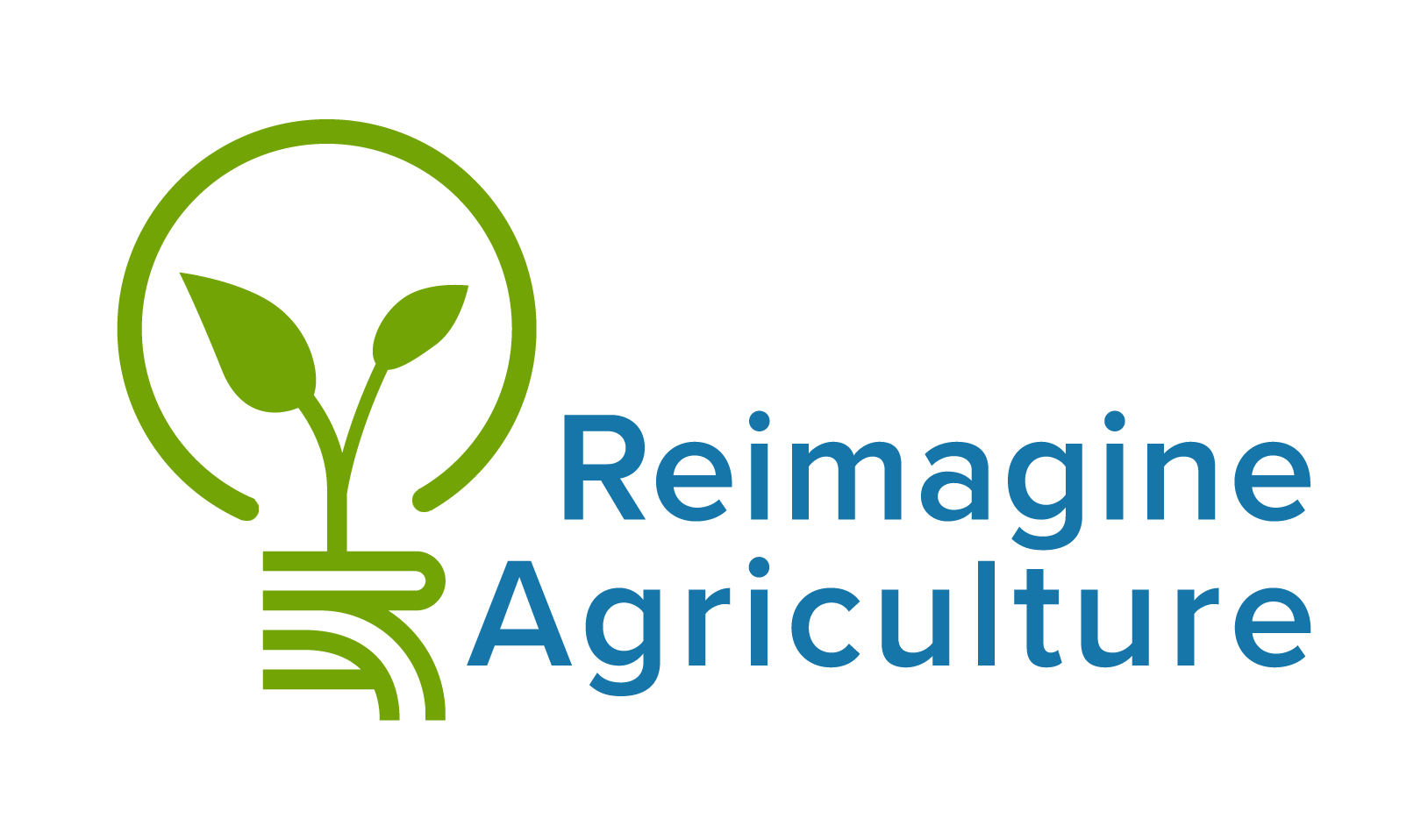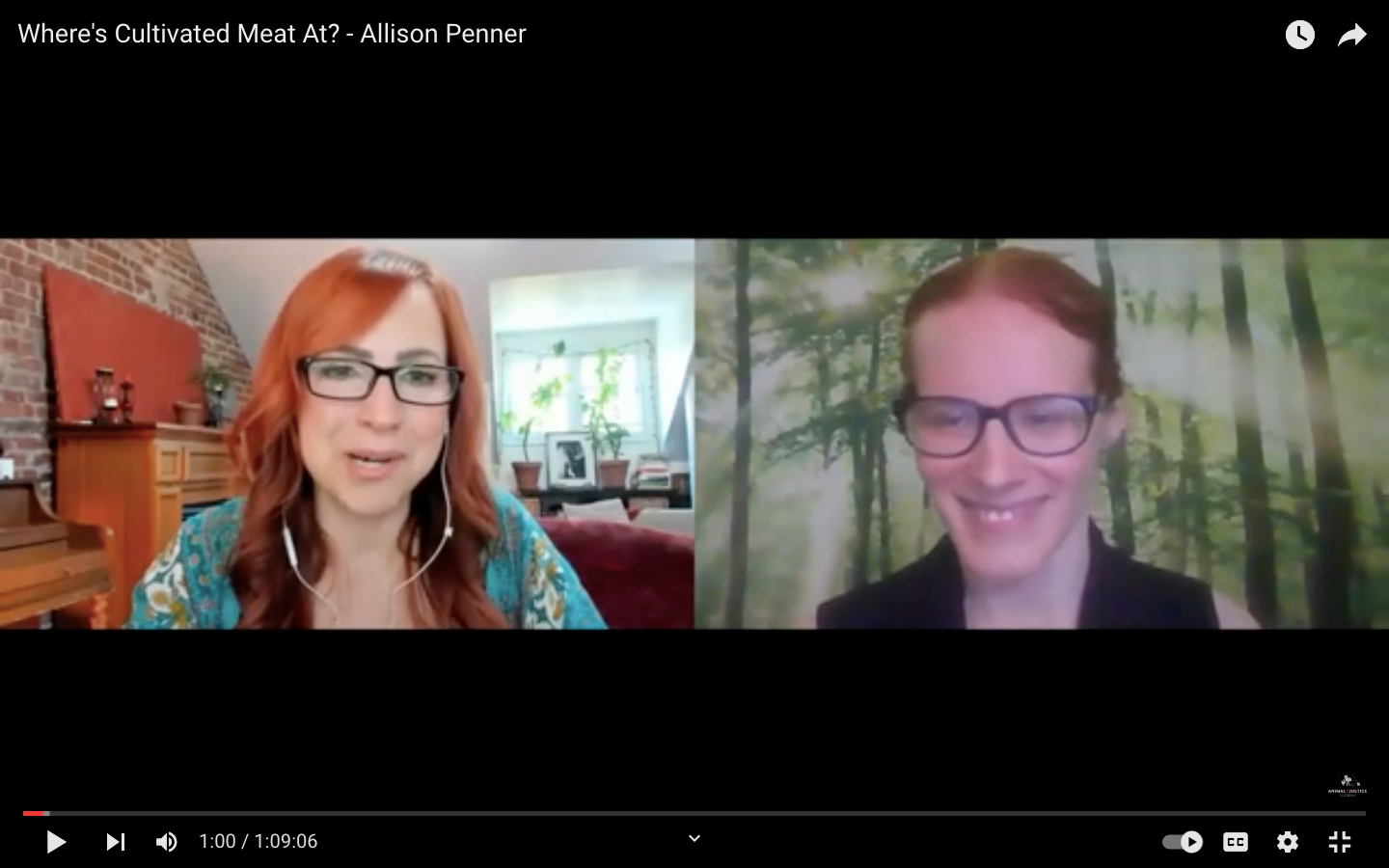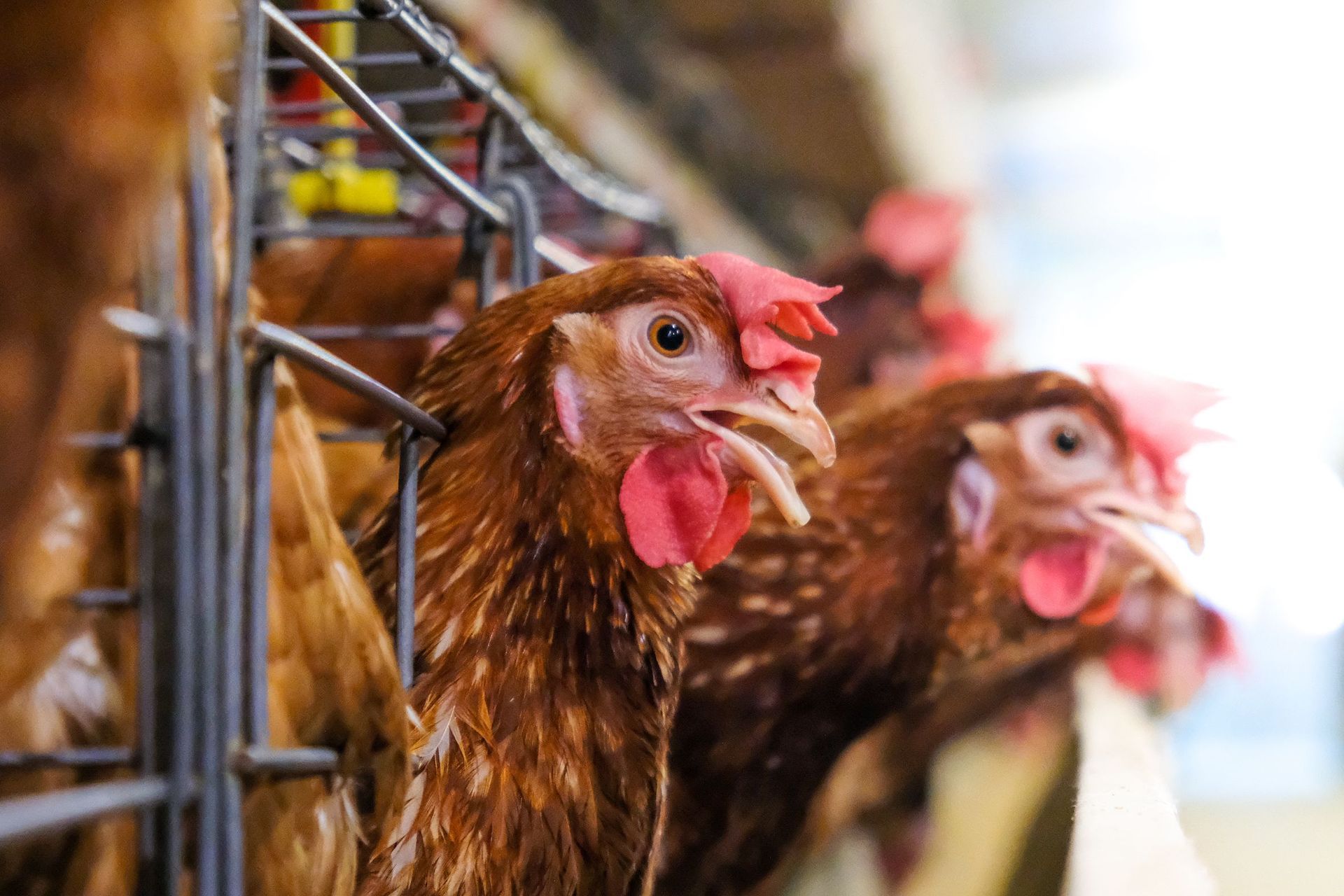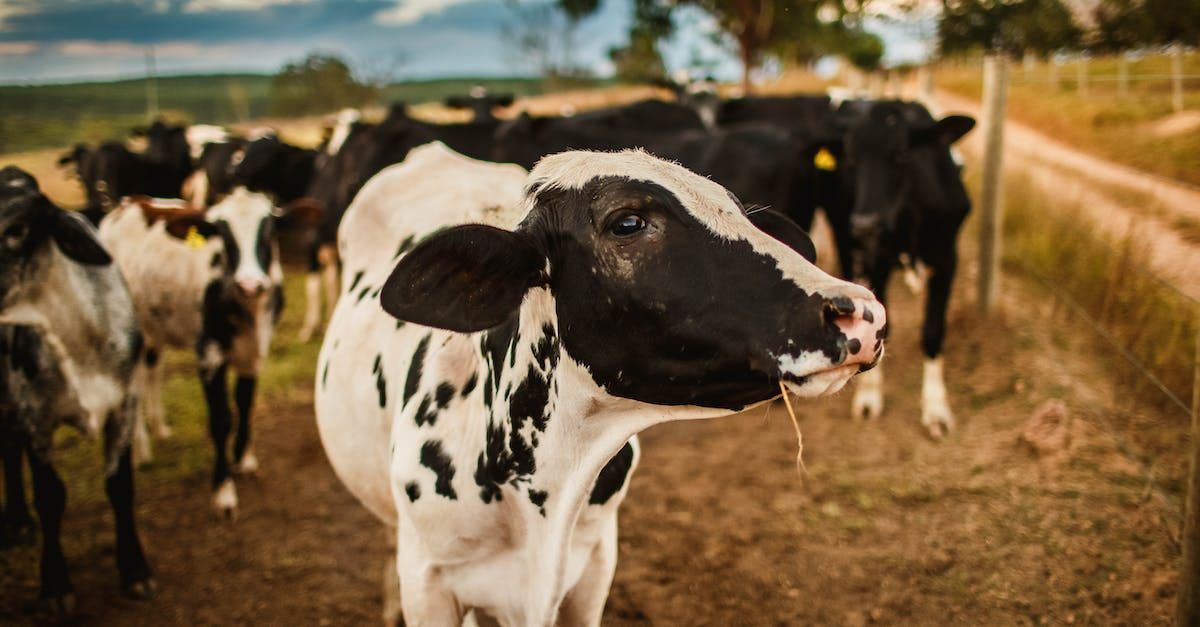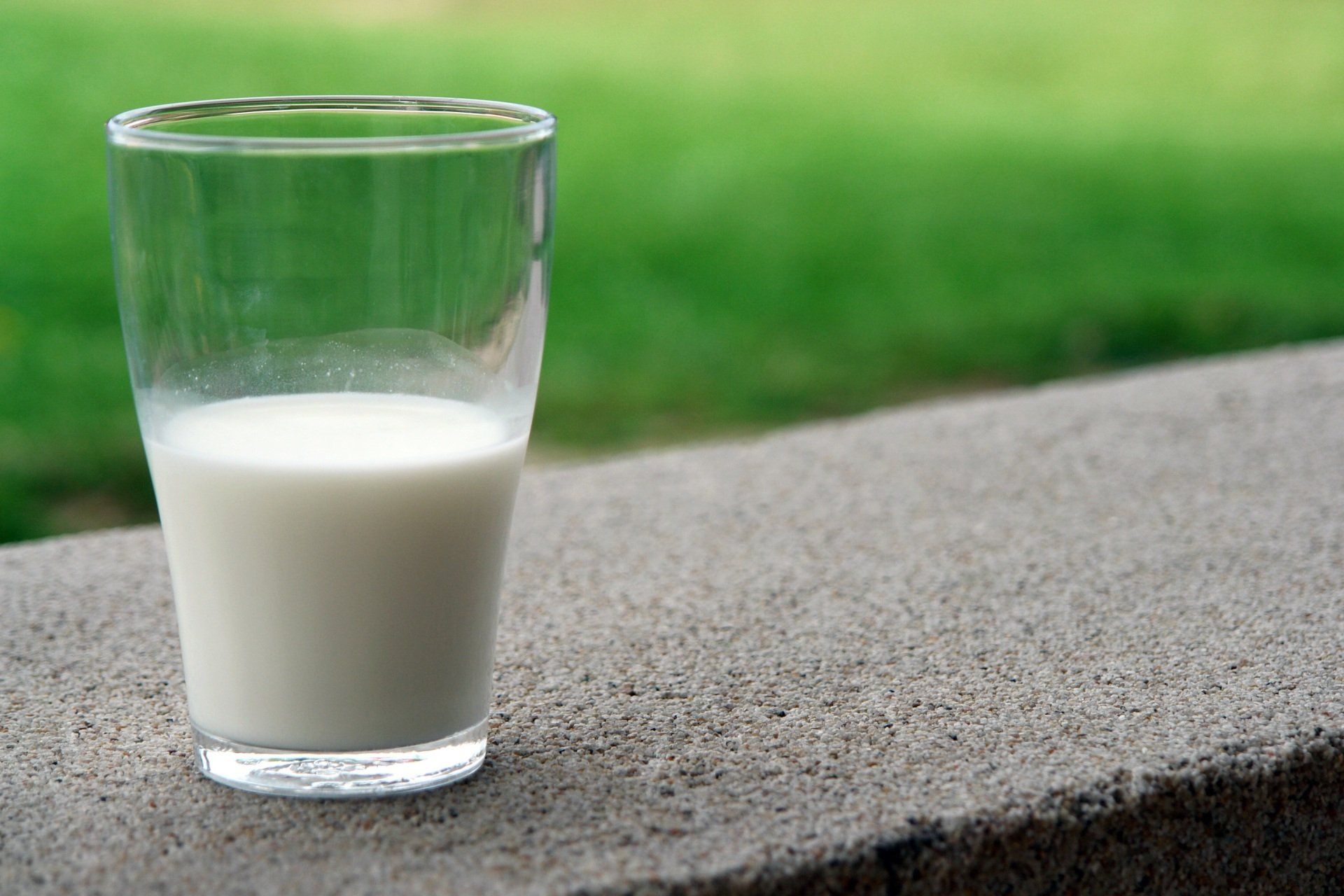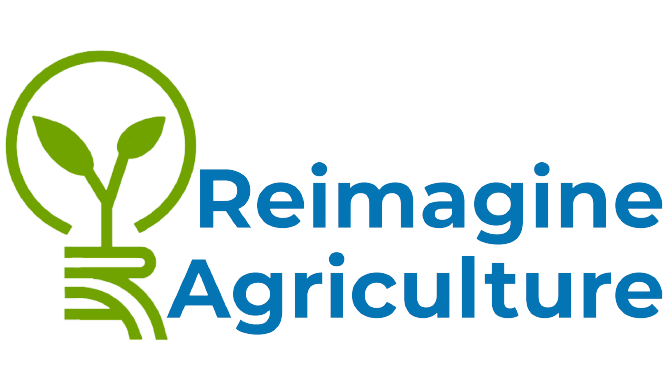Is it fair to blame the onions?
September 18, 2020
News Stories on Salmonella Outbreaks Might not Tell the Whole Story
Across the country, Canadians are rightly throwing out onions possibly contaminated with Salmonella as the outbreak rages on with almost 500 cases and 66 hospitalizations. The common symptoms of the illness include diarrhea, vomiting, nausea, headache and fever which are at best quite unpleasant, but especially for vulnerable individuals and people with other health complications, are incredibly dangerous. But is it really the fault of onions or is something larger at play?
Salmonella, like other common food-poisoning pathogens E.coli and Campylobacter, are due to fecal residue which in this case is likely from manure used from farmed animals. They are intestinal bugs and with the intensive conditions factory farming brings, becoming more and more normalized to be in our food products. We can look back at the 2010 Salmonella outbreak that caused the United States to recall 550 million eggs and sickened 1,470 people. When FDA officials examined the relevant farms, they were disgusted to discover evidence of manure, along with rodents, flies, cats, and birds
in facilities that collectively had 7.7 million caged hens.
And yet, the problem continues. There has been a six fold increase in food poisoning over the last few decades with meat and animal products being the most common cause. It’s a startling figure, but makes sense when you start to look at the contamination statistics
where there’s fecal matter in about two thirds of American beef and greater than 80% fecal contamination in poultry
This indicates that this Salmonella outbreak won’t be the last. Yet foodborne illness from fecal bacteria shouldn’t be a reality that we consent to or normalize. Back in the 1930s, Winston Churchill was already envisioning another way. He predicted that in 50 years “[w]e shall escape the absurdity of growing a whole chicken in order to eat the breast or wing, by growing these parts separately under a suitable medium.”
Today, that exact solution is coming to light all over the world. ‘Clean meat’, the popular term for meat that is grown in a lab, is becoming a reality. It made its debut on the world stage in 2013 when Mark Post, a Dutch tissue engineer, ate the first lab-grown burger in an event that was televised across the world. The typical way to create meat this way is by using starting cells, and with the help of a growth serum, having them multiply until they are turned into the desired combination of muscle and fat.
Many different sectors are turning towards this production method in hopes that it will solve key world issues. For foodborne illness, producing meat that doesn’t have intestines ensures there’s no risk of these intestinal bugs. Beyond that, the massive inputs of environmental resources of meat take a disproportionate toll, with 83% of farmland used in agriculture to produce just 13% of the calories, and similar disparities among greenhouse gas emissions and water use. It is just extremely inefficient to grow tons of food that is fed to animals for months and years before they are slaughtered for meat. Finally, what does it say about our morality as a species when 80 billion animals a year are slaughtered?
We have been given ample chances to learn our lessons on food safety. We may all be one meal away from the next devastating pandemic unless we realize the cost of our choices.
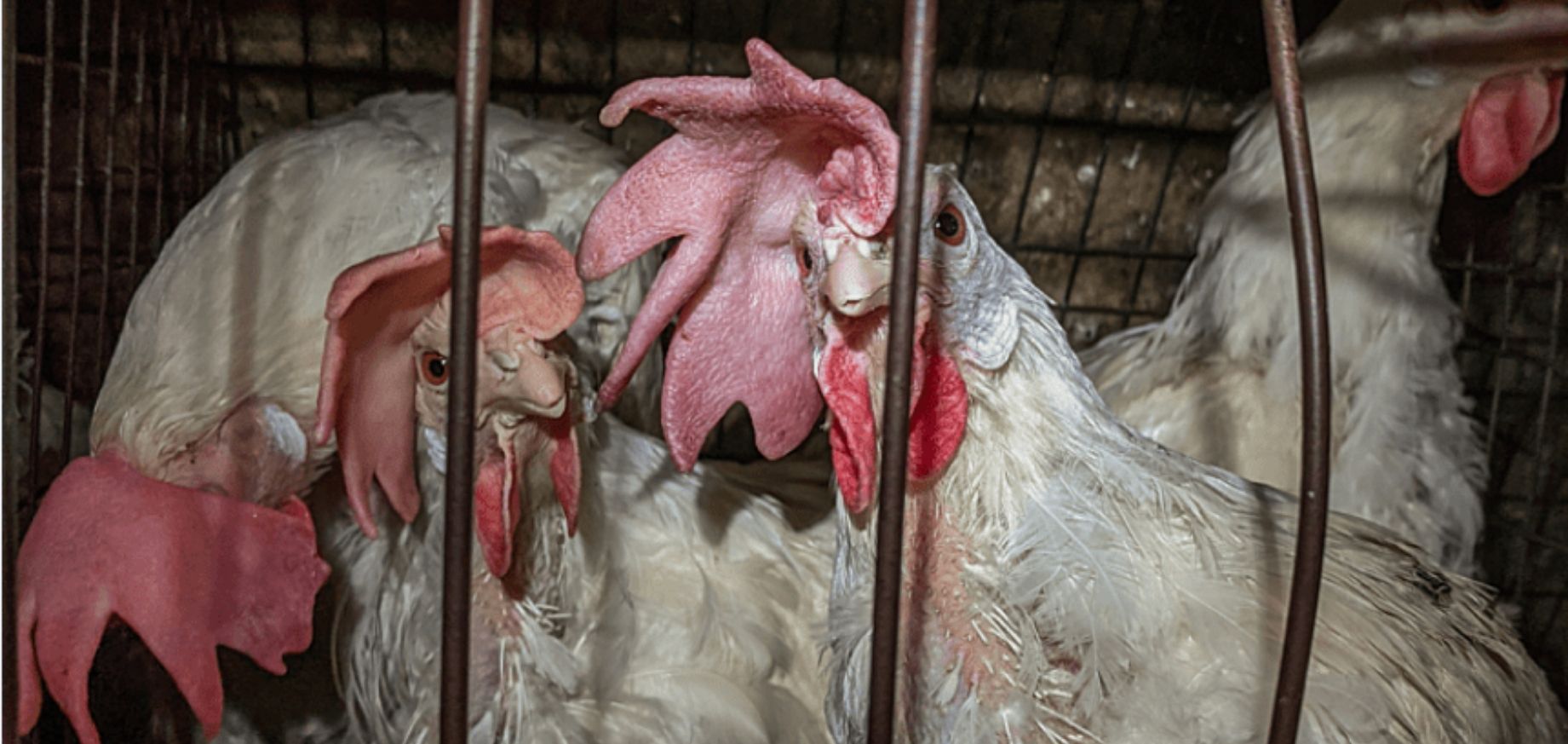
Originally posted on Mercy For Animals' web blog . I am grateful for Mercy For Animals’ work in highlighting the unacceptable lack of progress in cage-free hens in Canada, as outlined in their new report, Beyond the Commitment: Evaluating Cage-Free Progress Across the Canadian Retail Sector . As the report demonstrates, Canada’s percentage of cage-free hens (20%) lags behind global standards, including those of the US (45%), Australia (62%), and the EU (82%). This failure to meet the most basic standards of the agricultural industry highlights the lack of governance and transparency in Canada’s food system. The reality is that there are no federal standards for farm animal welfare. To quote a former farm worker, “You don’t need to be an animal advocate to believe in cage-free hens”. It is clear to any typical individual who visits these operations that caged hens are unacceptable. It is not a matter of if, but when cage-free hens become required by law. The agricultural industry can do itself a favour by taking steps forward and becoming a leader, rather than watching itself lose the trust of consumers and face greater regulation at a far higher cost. Allison Penner is the Executive Director of Reimagine Agriculture . She drives collaborative solutions to key challenges in Canada’s food system, focusing on food tech, cultivated meat, food waste reduction, and plant-based food systems through policy development, public education, and media commentary on a forward-thinking agricultural future.
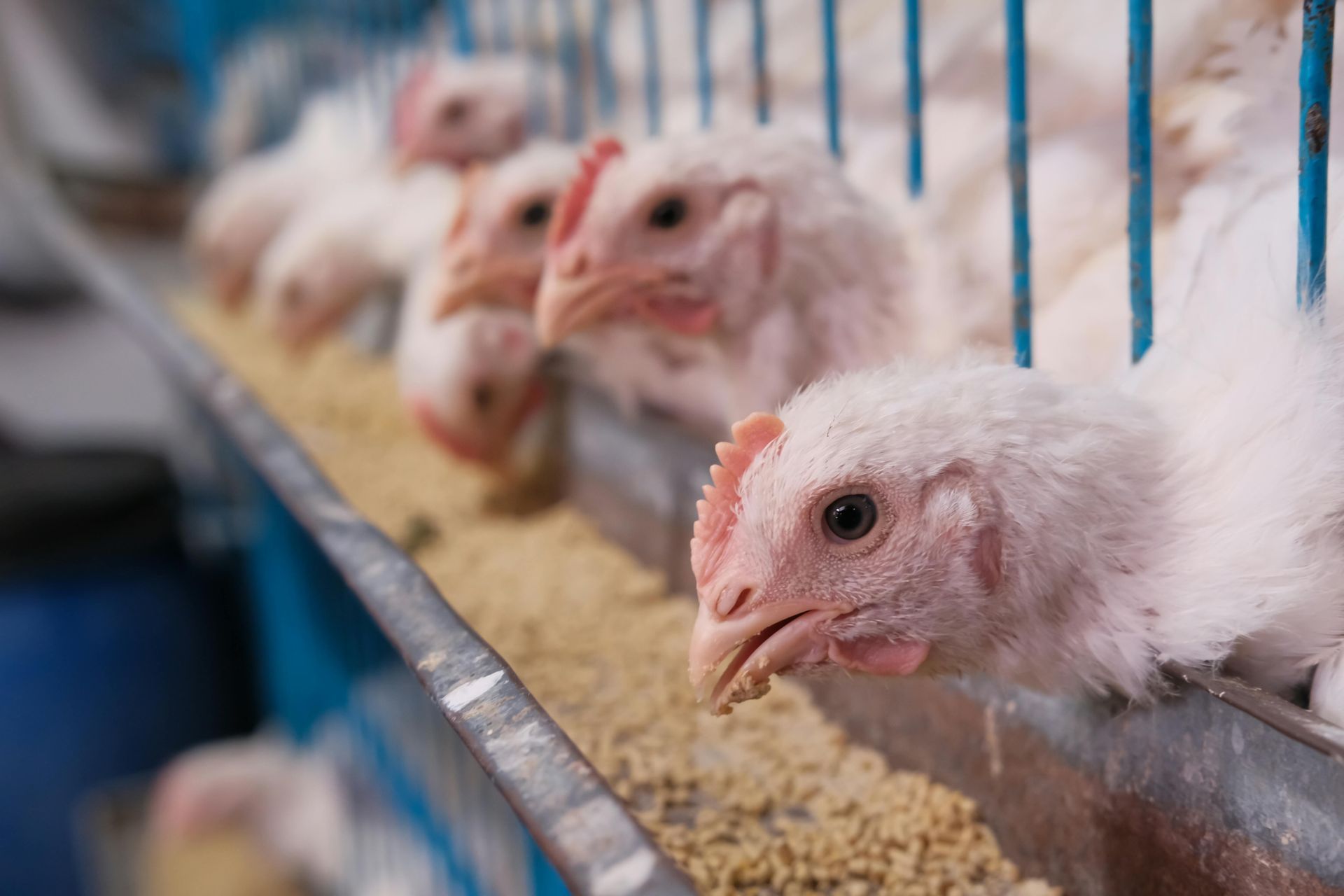
The 2024 Canada Animal Welfare Scorecard evaluated animal welfare commitments and transparency across 40 leading Canadian food companies. Focusing on cage-free eggs, gestation-crate-free pork, and adherence to Better Chicken Commitment (BCC) standards, the report uncovers serious gaps in transparency, industry-wide “humanewashing,” and persistent animal welfare issues. Here’s a breakdown of the most troubling findings. 1. Lack of Transparency in Major Retailers and Foodservice Providers Walmart Canada, Calgary Co-op, and Federated Co-operatives have demonstrated minimal transparency, failing to publish updates or roadmaps on their animal welfare commitments. Walmart Canada is the only top-five retailer in Canada not reporting any progress on welfare practices, despite publishing incremental updates in the U.S. Meanwhile, Calgary Co-op still lacks any published policies or progress toward ending confinement for hens and pigs, despite its members’ vote to support humane conditions over a decade ago. 2. Misleading Industry Claims and "Humanewashing" Tactics A major issue facing Canadian consumers is the widespread “humanewashing” in the food industry, where companies use misleading labels and terminology to suggest higher animal welfare standards than actually practiced. Companies like Burnbrae Farms label their eggs as “Nestlaid,” implying cage-free conditions, which leads nearly half of surveyed consumers to mistakenly believe these eggs come from open barns. Industry groups, including Chicken Farmers of Canada , amplify this confusion by using terms like “family farms” to evoke images of small, humane operations, even when products are sourced from intensive confinement systems. Rather than improving actual welfare standards, these organizations invest heavily in shaping public opinion through corporate responsibility reports and marketing campaigns, leaving consumers misinformed about the true conditions behind their food. 3. The Crisis of "Frankenchickens" in Poultry Production The Canadian poultry industry’s use of ultrafast-growing birds, often termed “Frankenchickens,” remains a primary welfare issue. These birds are bred to grow four times faster than chickens in the 1950s, resulting in painful health problems and limiting their ability to move or access food and water. Although companies have pledged to stop using these breeds by 2026, few have shown significant action on this front. Major Canadian poultry producers continue to use these breeds, creating severe welfare implications. 4. Continued Use of Gestation Crates for Pigs Gestation crates remain the norm across Canadian pork production, confining mother pigs in cramped stalls that prevent them from turning around. Some progress is evident, with companies like Costco and Starbucks Canada reporting steps toward group housing. However, Walmart Canada and Federated Co-operatives have not published policies or progress. While the industry timeline for complete phase-out stretches to 2029, these companies have yet to implement meaningful welfare improvements, prolonging extreme confinement for Canada’s 1.2 million breeding sows. 5. Slow Progress in the Shift to Cage-Free Eggs Despite growing opposition to cage confinement from Canadian consumers, the Canadian egg industry continues to invest in “enriched” cage systems that offer only minor improvements over conventional battery cages. Companies like Metro and Sobeys committed to sourcing cage-free eggs but report slow progress across their supply chains, while Calgary Co-op has yet to report any steps forward. Globally, over 2,600 companies have committed to eliminating cages, but Canada falls behind due to its reliance on slightly modified cage systems. Moving Forward: Accountability and Clear Roadmaps Required Companies need transparent roadmaps, annual goals, and consistent reporting to keep pace with rising consumer and investor expectations. Brands such as A&W Canada, Aramark, and Panago Pizza have set strong examples, publishing BCC-compliant policies and reporting progress, proving tangible progress is achievable. However, for others, a significant gapremains between public promises and the welfare practices in their supply chains.
